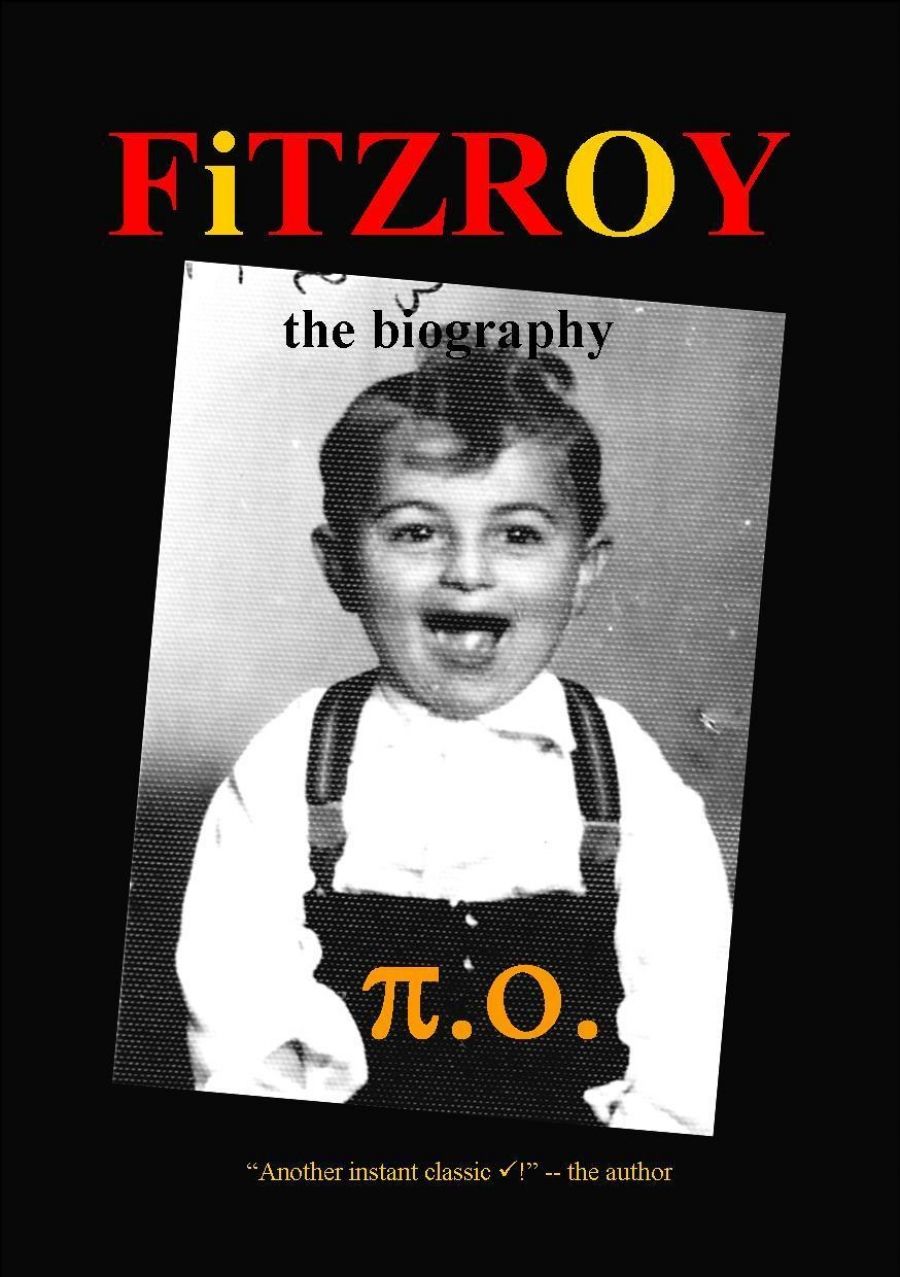
- Free Article: No
- Contents Category: Poetry
- Review Article: Yes
- Online Only: No
- Custom Highlight Text:
Con the Fruiterer bears the same relation to Australia’s Greek community as the Melbourne Moomba procession does the Eight-Hour Day. Doubtless, there are Hellenic-Australians who relish the performance of whatever WASP funny-man plays him; some Australians are known to approve lovingly of Sir Les Patterson, but at least Barry Humphries always belongs to the nationality he portrays. What really propels Con is that Aussies feel he talks (and therefore thinks and probably acts) funny. It’s all an Edwardian ‘Coon Show’, with Mr Bones and Mr Interlocutor, 1980s style. The kind of society which tolerates this phenomenon with yawn-inspiring regularity (and terms it comedy) might be the subject for any number of sociology essays. Let’s hope that poets never attain the status of Con and his kind, though it’s a fair bet that poets find people far funnier than any comedian.
- Book 1 Title: The Fitzroy Poems
- Book 1 Biblio: Collective Effort Press, GPO Box 2430U, Melbourne 3001
- Book 2 Title: Night flowers
- Book 2 Biblio: Collective Effort Press, GPO Box 2430U, Melbourne 3001.
- Book 2 Cover Small (400 x 600):

- Book 2 Cover (800 x 1200):

- Book 2 Cover Path (no longer required): images/1_Meta/December 2019/new.jpg
Which circles us into The Fitzroy Poems. Ten years since Panash, ΠΟ is returning to our bookshops in a leaner, less rhetorical production. As a younger poet, he was gigglingly dismissed by most who were trying to pass for an establishment or, worse, adopted as some kind of tame pet to salve left-liberal consciences (‘Ooh, an eth-nik, how wonderful!’). Since then he has still kept writing, reading, editing, and promoting poetry – in pure percentage terms, far more of others than his own. The Fitzroy Poems are a small selection of his prodigious output.
One of his major projects has been the production of small format editions of verse – the best, by far, being Thalía’s Night flowers. Although not as prolific as her comrade ΠΟ, Thalía has been slowly assembling this collection of her work since the mid-1970s. At its best, it has that solid immediacy of good woodcuts: hers is a stark world, and these are therefore stark poems. And yet, like the best of social realism, Thalía never preaches with self-obsessed bitterness, nor tinges the verse with an improbable optimism. She notices, very simply, the minutiae that mosaic into urban working lives – particularly the lives of migrant women – the things that were almost too obvious to notice until we realised them through the guidance of a poet.
Certainly, Thalía is a poet who knows the clear distinction between satire and mere ‘poking fun’ (my most charitable view of Con). The satire may be quiet, but it is never mild. The work which leads to RSI, the ID card, and such dangers to our liberty, are carefully demolished.
ΠΟ’s poetry, by contrast, has always been loaded with bizarre, offon-a-tangent humour. But, when he has attempted to send up someone or something, what has been his major and most successful target? Himself, of course. For all his infamous stage persona (the crazed young man who once dared to interrupt David Malouf, of all people, with a pair of cymbals played atrociously), he refuses, in print, to take himself too seriously: ‘1985, toured America in a dirty t-shirt’, reads part of his biographical note, which must be the last word on that sorry controversy. He seems either a self-deprecating court jester, or else happy to appear as a member of a family, workplace, collective, or community. In The Fitzroy Poems, his role is that of the passionate chronicler – his domain a substantial migrant enclave within Anglo-Celtic Melbourne.
Of influences? What poet, what person, is not influenced every day? Let academics puddle around looking for influences. I will use the word tradition. If ΠΟ’s traditions are many, two seem allied to The Fitzroy Poems (and probably to his whole oeuvre). One is that of the large scale bardic boomer (whom is humanist, populist, and probably Leftist): Whitman and Vachel Lindsay perhaps, Mayakovsky and Nazim Hikmet, undoubtedly. Such work begs to be read as an ever-evolving production, and as huge songs not merely of themselves, but of their class, their nation, their beliefs (no doubt the whole planet!). These are poets for whom a ‘Selected Poems’ would probably sell them short. Here, ΠΟ bears comparison with his great rival, Eric Beach. Now, there is a poet who would benefit from a ‘Selected Poems’.
The second tradition concerns the series of poems that are at the heart of The Fitzroy Poems, but that are scattered throughout its pages. Written in a Greek–Australian dialect, they are often difficult to read off the page (in the same way as the magnificent poems of William Barnes are difficult). They demand to be read aloud – either by someone from their background, or at least by a competent actor (not a comedian!). Poetry reaches its most democratic stage when readers confront, enjoyably, puzzles like this:
Yoo
n-o Konsentrayt
to him.
His fayn yoo rubish
eksk – yoos!
His mayk
wun ‘foto’ to you (en poot
in poket). Hiz …
Kip thapicha
Then gghlitonis
mai boi.
Hiz
Kil yoo (for
nothing.
12 bob
wun koka
kola
This is wonderful – meaning rises to the surface, only to descend into something we know is allied to English, or quite often Australian-English. Because this kind of poem is mixed in with others, any reader, from whatever background, can ease themselves into this fascinating verse. No comedian could have written it. I doubt if Con could attempt to properly understand it. But then, those murkier areas of Australiana that feed off multiculturalism are only transient. They will be forgotten a long time before The Fitzroy Poems. It has happened before. When did you last see a reference to a ‘Coon Show’?


Comments powered by CComment